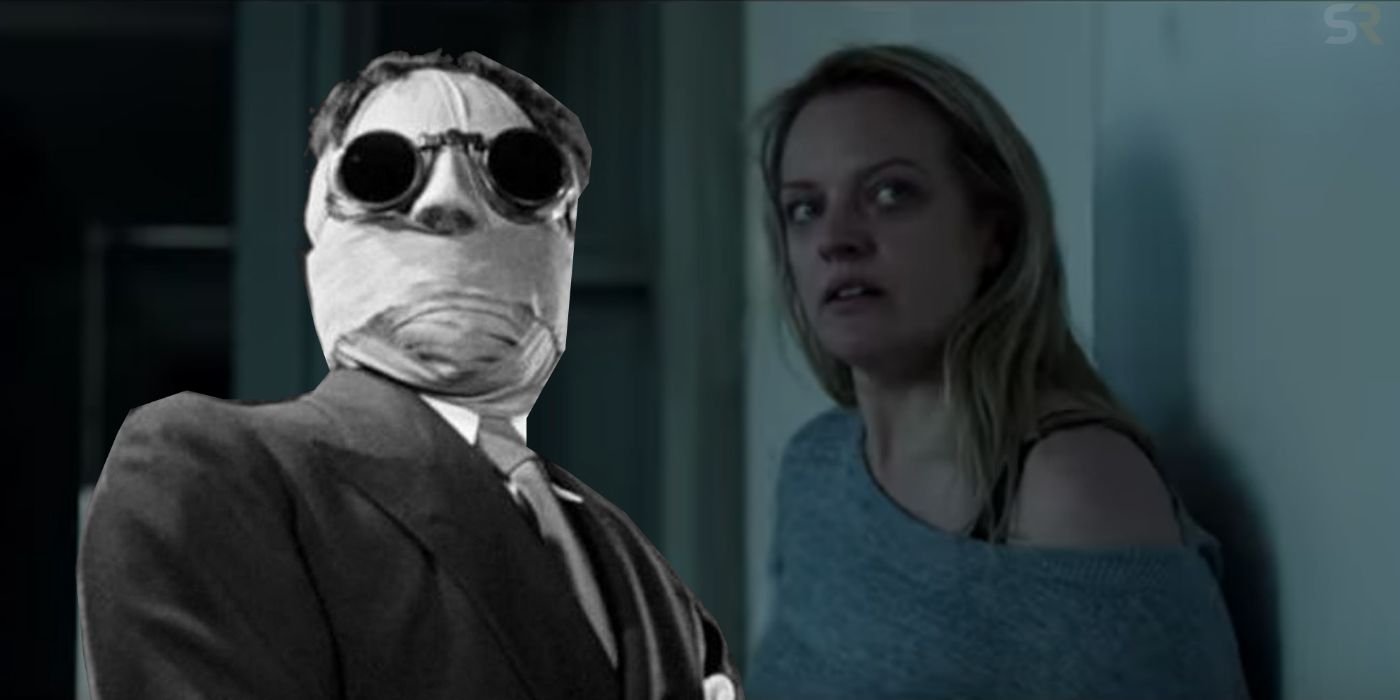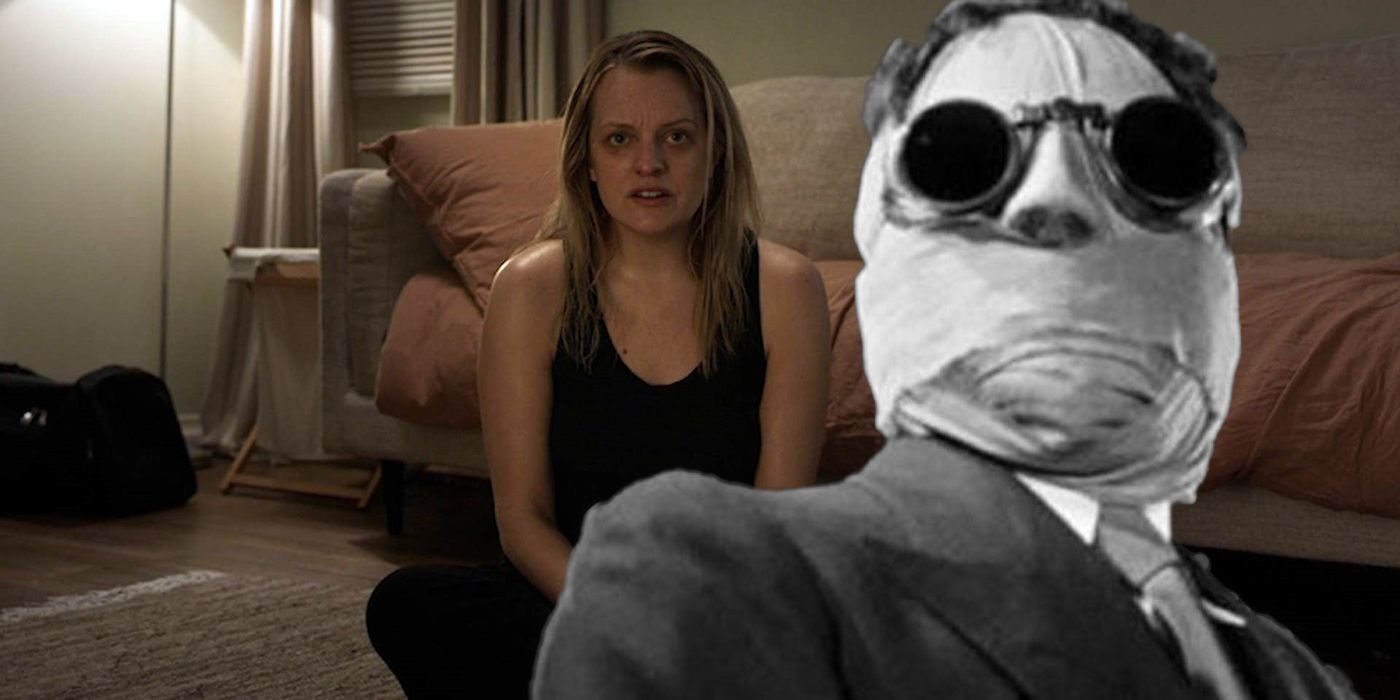Since its release in late February, psychological horror remake The Invisible Man has proven itself to be a veritable box office hit, raking in over 14 times what it cost to make.
The Invisible Man follows the story of a domestic abuse victim trying to get away from her abuser. Elisabeth Moss plays a measured and sympathetic Cecilia while Oliver Jackson-Cohen’s Adrian Griffin is terrifyingly cold. Director Leigh Whannell uses the invisibility conceit to explore modern-day concerns that are especially pertinent in the MeToo era. It opened in theatres on February 28th with a budget of $7 million, according to Box Office Mojo. At the time of writing, The Invisible Man has grossed over $98 million worldwide.
There have been several notable box office bombs in the first quarter of 2020. Many of the horror movies released during this time have had a lukewarm reception. Films like Fantasy Island and Underwater, which used star power in an attempt to draw moderate crowds, were still panned as mediocre by critics. The Invisible Man, however, experienced immediate success; its $29 million domestic opening weekend gross earned it a #1 spot in box office rankings.
Invisible Man’s Box Office Success Could Reignite Interest In The Dark Universe
Universal has been trying to establish a Dark Universe in earnest since 2014. Using classic monsters from the Golden Age of Cinema, the shared universe intended to capitalize on the trend towards cinematic universes first proliferated by Marvel. The Dark Universe, meant to be an MCU for monsters, was certainly appealing to fans of classic horror, but soon proved to be a complete let-down. Dracula Untold offered a false start in 2014, but 2017’s The Mummy lost so much money and was so poorly received, it forced Universal to pump the breaks on several other Dark Universe movies already in the works.
While The Mummy made more money than The Invisible Man has (so far), its rate of return was much worse thanks to an inflated budget: for its efforts in the realm of $125 million, it grossed $409 million, less than four times its budget. The Invisible Man marked a new approach to the franchise, partnering with horror veteran Blumhouse to make a smaller scale, tighter scope film that was enjoyed by fans and critics alike. It focused on individual storytelling, allowing itself room to develop characters and situation gradually, which is where Universal has failed before. The Invisible Man borrows the same story elements explored in H.G. Wells’ original novel and the 1931 movie, but updates its frame to present audiences with a tense psychological dive into the nuances of domestic abuse.
Horror can be an extremely effective vehicle to explore mental health struggles as analogy. While the audience is never led to doubt that the invisibility suit is real, the movie capitalizes on this dramatic irony to explore the effects of gaslighting on victims. Where 2014’s The Babadook loosely uses the concept of “a monster under your bed” to explore the effects of grief and depression on people in caretaker roles, The Invisible Man uses its sci-fi elements to explore the cognitive dissonance between what domestic abuse victims know is true and what those around them are willing to acknowledge. Its delicate approach to the subject matter clearly struck a chord with audiences, with The Invisible Man currently the Dark Universe’s most successful film, both in terms of reception and box office budget-earnings ratio.


